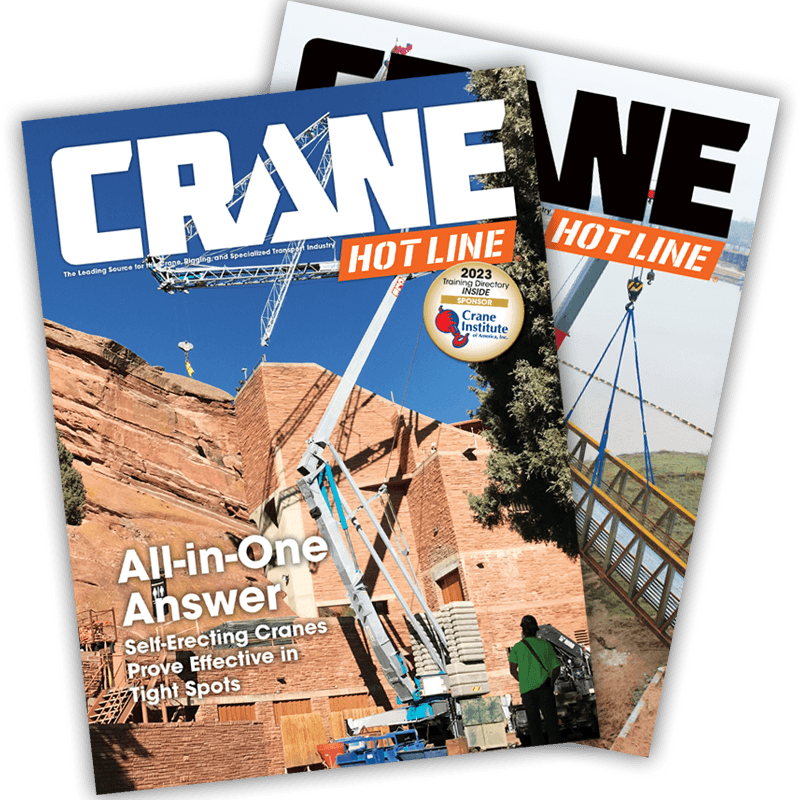Ro/Ro Rodeo Provides Important Training for Longshoremen
|
|
September 1, 2004 — About 200 members of the International Longshoreman's Association (ILA) recently completed training during the Port of Baltimore 's annual Ro/Ro Rodeo. Ro/Ro is bulky cargo that is capable of rolling on and rolling off ships under its own power, such as construction and agricultural equipment from such familiar names as JLG, Case New Holland, Volvo, and John Deere. For Theresa Harden, a member of the ILA Local 333, participating in this training program gives her an advantage. “You have the chance to ask questions, drive all the equipment, and learn all the new features,” she said.
The Port of Baltimore handles more Ro/Ro cargo than any other port on the East Coast. Located more than 150 miles inland, Baltimore is the closest U.S. Atlantic seaport to major Midwest manufacturing centers. The Ro/Ro Rodeo provides ILA members with an opportunity to enhance their safe handling techniques and improve their knowledge of the cargo. This translates into a reduction in cargo damage and improved service for equipment manufacturers.
Among the participants at this year's event were Dennis Hess, Mid-Atlantic regional service manager, and James Smith, safety training manager, representing JLG Industries, McConnellsburg, Pa. Hess and Smith provided the ILA members training on the 1350SJP and 800SJ straight boom lifts. The 1350SJP features a 135-foot platform height, standard four-wheel crab and coordinated steering, and drive-out extendable axles. The 800SJ is an 80-foot boom lift.
“JLG participates in the Ro/Ro Rodeo every year so that the Longshoremen learn basic operation of the equipment according to their specific needs in order to prevent operator error and injury,” said Hess. “Additionally, knowing how to operate the equipment helps them load units on ships without delay.”




